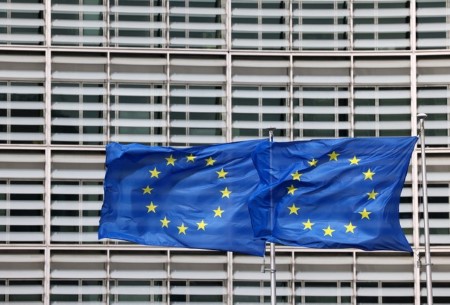




January Economic Update: Growth slows, prices rise
 DOWNLOAD
DOWNLOAD

Inflation Update: Up, up, and away?
 DOWNLOAD
DOWNLOAD

Quarterly Economic Growth Release: Growth takes on a slower pace
 DOWNLOAD
DOWNLOAD


Few “sustainable” funds aligned with EU green criteria, MSCI finds

LONDON, July 18 (Reuters) – The vast majority of European funds marketed as sustainable say they are not aligned with the EU’s list of climate-friendly investments, or “taxonomy”, largely because there is too little data to make an assessment, research firm MSCI has found.
The EU’s taxonomy is a complex system designed to classify which investments can be marketed as sustainable, aiming to improve transparency and encourage investment in fighting climate change.
Companies are asked to disclose how much of their revenue is in line with the taxonomy, which fund managers can then use to disclose the alignment of their portfolios.
In a report published on Tuesday, MSCI found that nearly nine in 10 so-called Article 8 funds – those partly focused on environmental, social, or sustainability (ESG) issues – and 63% of Article 9 funds – those with clear sustainability objectives – said they did not have taxonomy-aligned investments.
MSCI said this did not necessarily mean underlying companies had so little sustainable revenue, but showed how few currently disclose sufficient information.
“To justify and explain their sustainable nature, one avenue for investors is the EU taxonomy. Right now that avenue is not there,” said Rumi Mahmood, MSCI’s head of ESG and climate fund research.
“Disclosure will improve with time but the figures show the scale of the gap to bridge,” he said, adding that this limited the pool of funds for ESG-minded investors to buy.
Using estimates of taxonomy alignment, MSCI also calculated that only 2% of European-domiciled equity funds, and zero fixed-income funds, had at least 20% of their revenue taxonomy aligned.
The EU has not specified what proportion of a fund’s assets must be aligned to be deemed green, but analysts expect managers will need the majority of revenue to be sustainable.
MSCI also found that Article 9 funds were mostly invested in global or European equities, which Mahmood called a “challenge” for investors wanting diversification and to invest sustainably.
Despite limited taxonomy disclosures, Europe still has greater availability of data related to sustainability risks, encouraging more ESG-minded money into Europe and less to developing markets, MSCI found.
(Reporting by Tommy Reggiori Wilkes; Editing by David Holmes)
This article originally appeared on reuters.com





 By Reuters
By Reuters